Advertisement
Learning AI tools from scratch can feel like too much, too soon. You see terms like "prompt engineering," "model tuning," or "vector databases," and wonder where to even begin. What makes things easier is finding a space where other beginners are learning too, asking the same questions, running into the same problems, and discovering workarounds that make sense.
Whether it’s a chat group, a forum, or a course-based community, having others around speeds up the learning curve. If you’re trying to get your bearings in AI, these nine communities offer good places to start without feeling out of place.
Reddit has its wild side, but some spaces are grounded and helpful. The r/Artificial subreddit often features simple questions, tool comparisons, and prompt feedback from people with all kinds of backgrounds. It’s not just tech experts—plenty of new users ask how to use AI tools for everyday writing, study help, or work. The replies are usually down-to-earth and helpful. If someone doesn’t understand a feature in ChatGPT or Claude, other users explain it in plain language instead of talking over them.
What makes Reddit stand out is that the best posts don’t just explain tools—they show what went wrong and how someone fixed it.
If you like fast responses and active chats, Discord is a strong choice. Servers like “AI Hub” or “Prompt Engineering” include separate channels for different tools. You’ll find people discussing everything from text-to-image tools to writing bots. Some servers have learning-focused channels, while others let you jump into live discussions or ask beginner questions freely. You can upload prompts, screenshots, or code and get responses within minutes.

It’s casual, but organized. People share tool links, give feedback, and help each other improve. You don’t need to be technical—just willing to try things out and ask when you get stuck.
Facebook still has active learning spaces that are friendly to new users. Groups like “AI for Beginners” or “AI Tools for Creators” share tutorials, videos, and helpful posts almost daily. The posts stay visible longer than on Discord or Reddit, so you can scroll through older content and still learn something useful. Many members post about real use cases—how they used AI for writing, designing, or automating simple tasks.
It’s not as fast-paced, but that’s a plus for beginners who need time to understand tools. There’s less jargon and more real-world talk, which makes the learning curve feel easier to handle.
If you’re trying to see how AI tools fit into real jobs, LinkedIn AI groups are worth checking out. Many posts show how AI is used in content creation, marketing, education, or small businesses. It’s not always technical, and you’ll often find examples you can apply directly to your field.
Groups like “AI & Deep Learning” or “Future of Work with AI” often share tool updates, beginner-friendly articles, and success stories. The pace is slower, but the content is practical. Beginners benefit from the mix of insights, and you don’t have to post anything to learn—just read and observe.
Some AI-focused YouTube channels have become full communities. Creators like Matt Wolfe, AI Explained, and Future Tools don’t just post videos—they answer questions, link to tools, and run active discussions in the comments or linked Telegram groups. These communities are visual, which helps beginners understand how tools actually work.
Instead of reading about a tool, you watch someone try it, tweak it, and explain the results. The learning is clearer when you see it play out. For those just getting into prompt writing or automation, watching it done in real-time makes a huge difference.
While not beginner-only, Stack Overflow and AI Stack Exchange are useful when you need a specific fix or explanation. These sites work best if you've already played with a tool and run into an issue. Questions like "Why won't this prompt generate consistent output?" or "How do I fine-tune GPT with my data?" often get clear, code-based answers.
The tone is more technical, and some replies can be blunt, but they’re packed with helpful detail. If you’re learning to build with AI tools, these platforms give you real-world solutions to common beginner hurdles.
Hugging Face is known for advanced tools, but their forums welcome beginners. Many users are figuring out how to run models, explore datasets, or troubleshoot code errors. There's an open, helpful tone, and questions don't get dismissed for being basic.
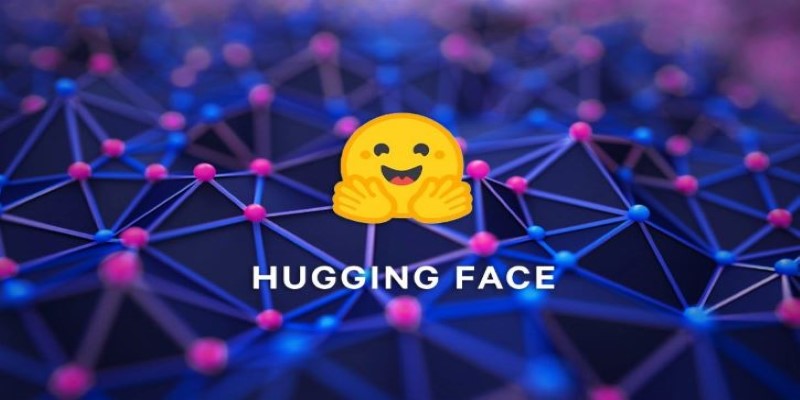
Their community also includes interactive demos and tutorials. You can try a model in the browser and post about what didn’t work. Other users offer quick suggestions or alternative tools. It’s a great next step once you’ve moved beyond chatbots and want to see what’s under the hood.
If you’re taking an AI course on Coursera or edX, you get access to a discussion forum tied to each lesson. These forums are calmer, more focused, and less noisy than open platforms. Since everyone’s learning the same thing, you don’t feel like you’re falling behind.
People post questions tied to the course material and AI tools introduced in class. Teaching assistants and instructors often reply with clear guidance. It's one of the easiest ways to get structured feedback while learning at your own pace.
You don’t need to join all nine communities. Pick two or three that match your comfort level. If you like quick back-and-forth, go with Discord or Reddit. If you want slower, structured progress, try LinkedIn, Facebook, or Coursera. The goal isn’t to become an expert overnight—it’s to stay curious, ask questions, and keep trying. These communities offer more than advice. They offer a sense of momentum, which makes it easier to learn AI tools without burning out or getting stuck.
Advertisement
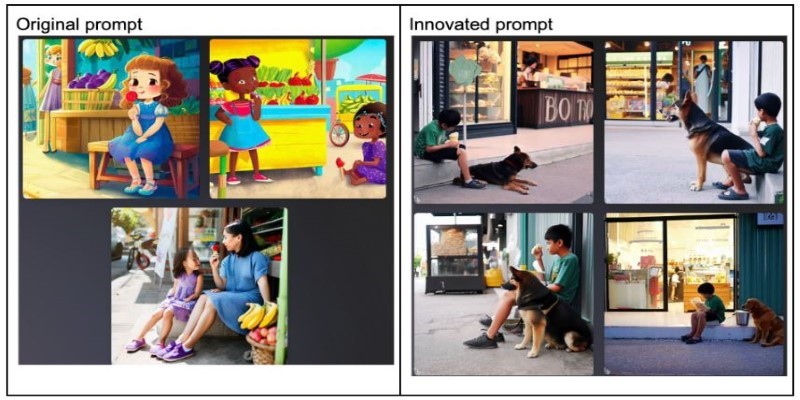
RPG is a new approach that boosts text-to-image comprehension by guiding AI models to understand prompts more accurately before generating visuals. Learn how it enhances output quality across creative and practical domains
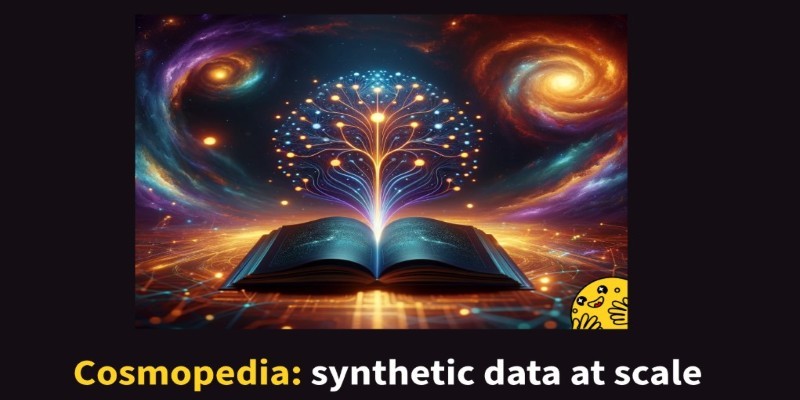
Discover how Cosmopedia is changing AI training by producing structured, large-scale synthetic content. Learn how synthetic data helps build efficient, adaptable language models
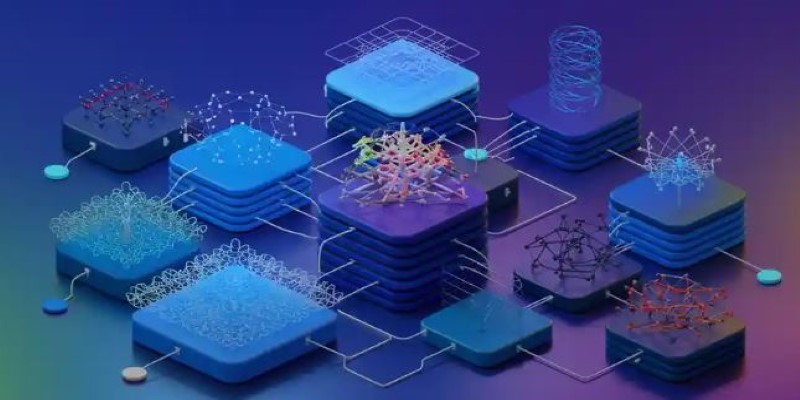
Learn the different types of attention mechanisms used in AI models like transformers. Understand how self-attention and other methods help machines process language more efficiently

What is HuggingChat and how does it differ from ChatGPT? Discover how this open-source AI chatbot offers a transparent, customizable experience for developers and researchers

Use ChatGPT from the Ubuntu terminal with ShellGPT for seamless AI interaction in your command-line workflow. Learn how to install, configure, and use it effectively

Learn how business leaders can measure generative AI ROI to ensure smart investments and real business growth.
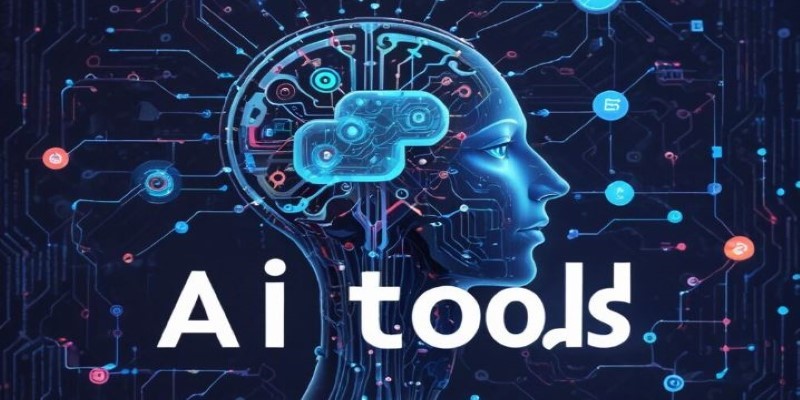
Looking for beginner-friendly places to explore AI tools? Discover the top 9 online communities for beginners to learn about AI tools, with real examples, clear guidance, and supportive discussion spaces

How to use Python’s Tabulate Library to format your data into clean, readable tables. This guide covers syntax, format styles, use cases, and practical tips for better output
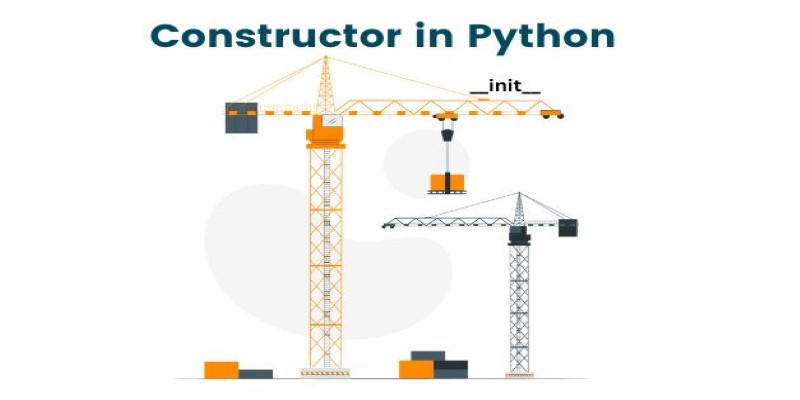
Learn about constructors in Python, their types, and rules. Discover how constructors in Python help initialize objects and simplify class design for cleaner code

Discover the top AI search engines redefining how we find real-time answers in 2025. These tools offer smarter, faster, and more intuitive search experiences for every kind of user

LG introduces its Smart Home AI Agent, a mobile assistant designed to streamline household management by learning your routines, automating tasks, and syncing with smart devices
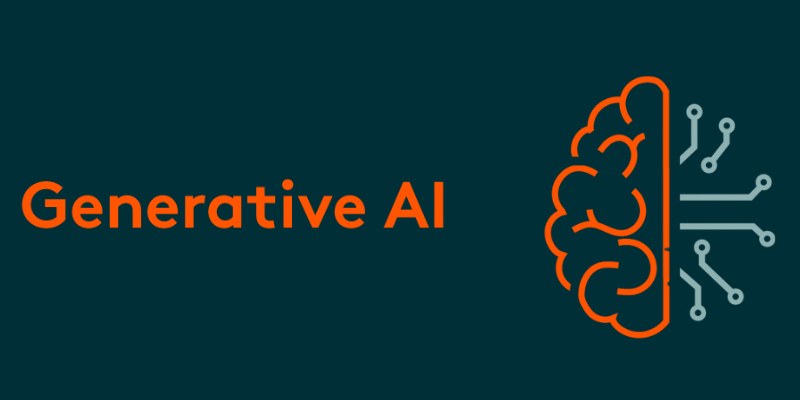
JPMorgan Chase cautiously explores generative AI, citing financial services security, ethics, compliance challenges, and more